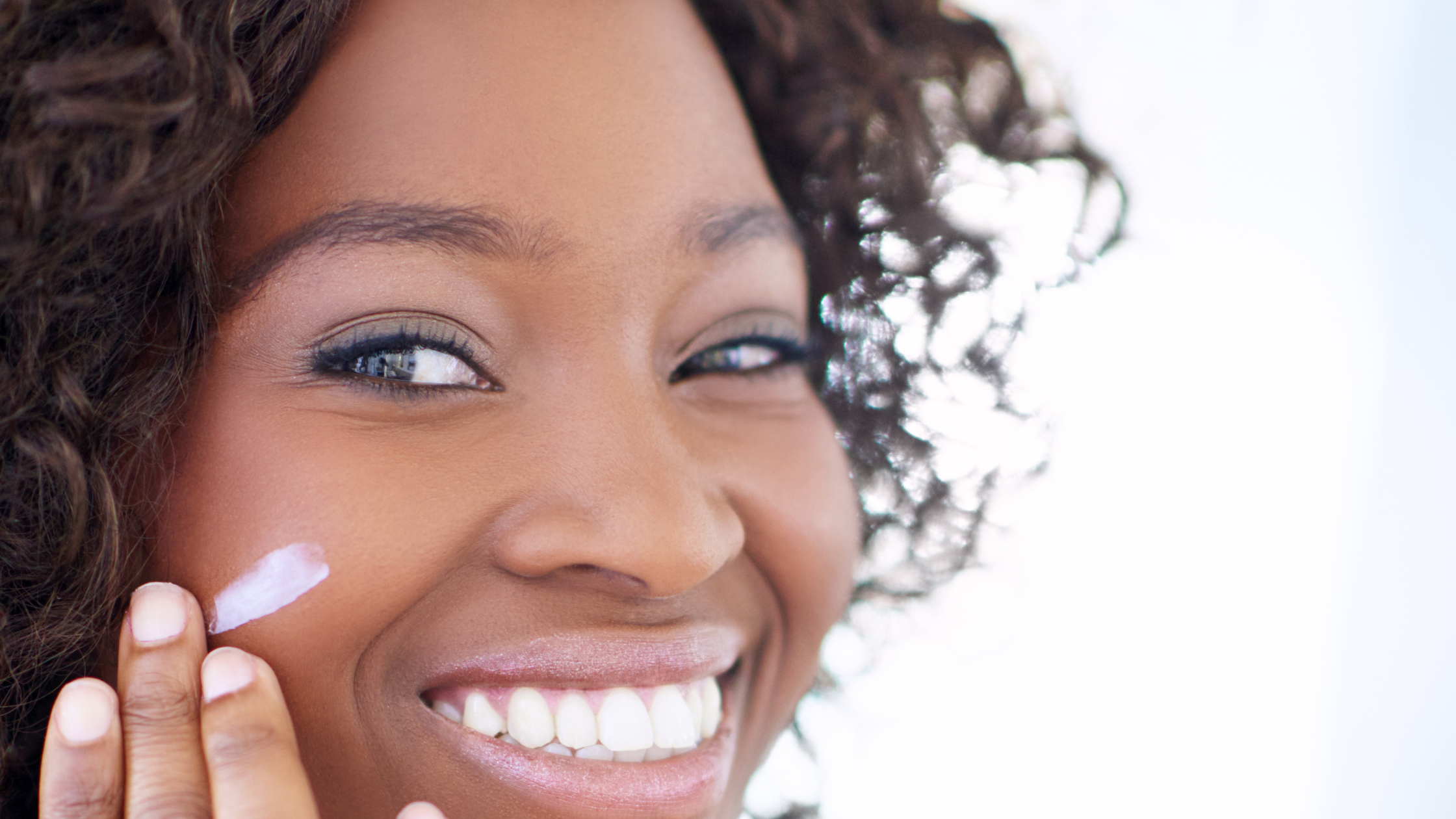For far too long, a widespread myth has persisted: the idea that Black skin doesn’t need sunscreen. While melanin does offer some natural protection from UV rays, it’s not nearly enough to prevent long-term damage. Incorporating sunscreen into your daily skincare routine isn’t just about preventing sunburn—it’s a vital step in preserving skin health, reducing signs of aging, and preventing serious conditions like skin cancer.
Melanin and UV Protection: The Truth
Melanin provides some natural SPF, typically around 13 for darker skin tones compared to 3 or 4 for lighter skin. However, this protection only blocks a fraction of the harmful ultraviolet rays. Both UVA (aging rays) and UVB (burning rays) can penetrate deeper layers of the skin, leading to:
- Hyperpigmentation: Dark spots and uneven skin tone are more pronounced in Black skin and can be exacerbated by sun exposure.
- Premature Aging: UV rays break down collagen and elastin, leading to fine lines, wrinkles, and sagging skin.
- Skin Cancer: While less common in Black individuals, when diagnosed, it’s often at an advanced stage due to misconceptions about immunity to sun damage.
Sunscreen: A Key to Radiant Skin
Adding sunscreen to your skincare routine benefits Black skin in multiple ways:
- Even Skin Tone: Black skin is prone to post-inflammatory hyperpigmentation (PIH), which often occurs after acne or other skin conditions. Sunscreen prevents dark spots from worsening, helping to maintain a more even complexion.
- Youthful Appearance: By blocking harmful UV rays, sunscreen helps preserve your skin’s collagen, keeping it firm and elastic over time.
- Barrier Against Pollution: Many sunscreens also contain antioxidants that protect against free radicals from environmental pollutants, which can dull the skin.
- Cancer Prevention: Regular sunscreen use significantly reduces the risk of developing melanoma or other skin cancers.
Choosing the Right Sunscreen for Black Skin
Finding the perfect sunscreen can feel overwhelming, but certain features make products ideal for melanin-rich skin:
- Broad-Spectrum Protection: Look for SPF 30 or higher with coverage for both UVA and UVB rays.
- No White Cast: Modern formulations include tinted sunscreens or gel-based options that blend seamlessly into darker skin tones.
- Hydrating Formulas: Choose sunscreens with moisturizing ingredients like hyaluronic acid or glycerin to keep your skin supple.
- Non-Comedogenic: Ensure the product won’t clog pores, especially for acne-prone skin.
Debunking Common Myths
Many Black people avoid sunscreen because of longstanding misconceptions. Let’s address some of the most common ones:
- “I don’t get sunburned, so I don’t need sunscreen.”
While melanin reduces the likelihood of sunburn, it doesn’t prevent long-term damage or reduce the risk of skin cancer. - “Sunscreen is too greasy for my skin.”
Many sunscreens now offer lightweight, matte formulas designed for oily or combination skin types. - “I don’t spend time in the sun.”
UV rays can still penetrate windows, meaning you’re exposed even indoors or during your commute.
How to Incorporate Sunscreen Into Your Routine
Making sunscreen a daily habit is easier than you think:
- Apply Daily: Use sunscreen every morning as the last step in your skincare routine, even on cloudy days.
- Reapply: Reapply every two hours when outdoors, especially after sweating or swimming.
- Focus on Vulnerable Areas: Don’t forget often-overlooked spots like your ears, neck, and the back of your hands.
A Commitment to Skin Health on Why Every Black Person Needs Sunscreen in Their Skincare Routine
Sunscreen isn’t just about preventing sunburn—it’s about maintaining the health, radiance, and longevity of your skin. For Black individuals, protecting against hyperpigmentation, premature aging, and the risk of skin cancer starts with a simple step: making sunscreen a non-negotiable part of your daily routine.
By prioritizing sunscreen, you’re taking an essential step toward skin health and embracing a brighter, healthier future for your skin.

